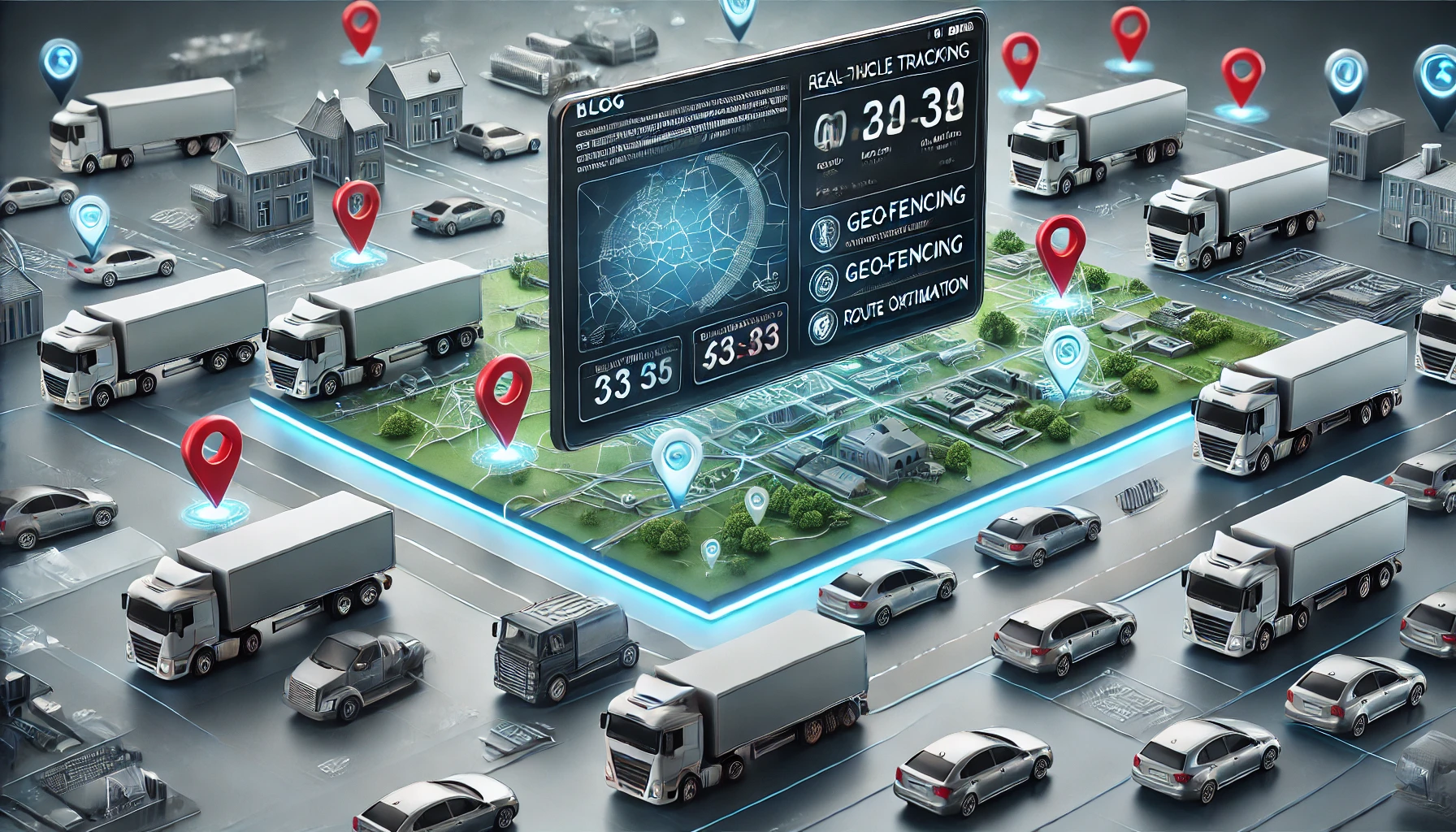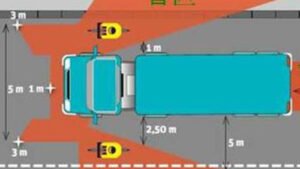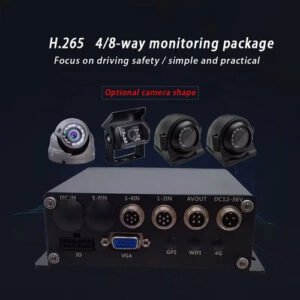GPS monitoring technology has transformed the way we manage vehicles and fleets. From improving road safety to optimizing logistics, this powerful tool provides real-time data that benefits individual drivers and businesses alike. In this article, we’ll explore the key features of GPS monitoring systems, their real-world applications, and why they’re essential in today’s fast-paced environment.
What Is GPS Monitoring?
GPS monitoring involves using a global positioning system to track the location, movement, and status of vehicles. Advanced systems combine GPS data with telematics to offer insights into driver behavior, fuel usage, and route optimization. According to Geotab, integrating GPS monitoring reduces operational costs by 15-20% for fleet operators.
Key Benefits of GPS Monitoring
1. Real-Time Location Tracking
Whether you’re monitoring a single vehicle or an entire fleet, real-time location tracking helps ensure safety and efficiency. Businesses report that real-time tracking reduces unauthorized vehicle usage by 25% (Teletrac Navman).
2. Enhanced Fleet Management
GPS monitoring allows fleet managers to plan better routes, monitor delivery schedules, and respond to delays proactively. Companies using GPS systems have seen a 30% improvement in delivery efficiency, reducing fuel costs and increasing customer satisfaction.
3. Improved Safety
Advanced GPS systems provide alerts for speeding, harsh braking, and other unsafe behaviors, enabling managers to promote better driving habits. A study by the Federal Motor Carrier Safety Administration shows that GPS monitoring reduces accident rates by 20%.
4. Theft Prevention
GPS monitoring helps recover stolen vehicles by providing precise location data. Reports indicate that vehicles with GPS tracking systems are recovered 60% faster than those without (LoJack).
How GPS Monitoring Works
GPS devices installed in vehicles communicate with satellites to determine their location. This data is transmitted to a central platform where users can view real-time updates and historical routes. Advanced systems also integrate with dashboards to display alerts, fuel efficiency data, and maintenance reminders.
Applications of GPS Monitoring
GPS monitoring is used in various industries and scenarios:
- Logistics: Ensures timely deliveries and reduces downtime.
- Public Transport: Tracks bus routes and schedules for better commuter experiences.
- Personal Vehicles: Enhances safety and offers navigation assistance.
- Emergency Services: Locates vehicles quickly to respond to incidents.
Choosing the Right GPS Monitoring System
When selecting a GPS monitoring system, prioritize features like:
- Real-Time Alerts: Provides immediate notifications for unauthorized usage or unsafe driving.
- Geofencing: Sets virtual boundaries to monitor vehicle entry and exit.
- Integration: Combines with existing fleet management software for seamless operations.
- Mobile Access: Allows tracking through smartphones for convenience.
Conclusion
GPS monitoring is no longer a luxury—it’s a necessity for anyone looking to improve safety, efficiency, and accountability. Whether you’re managing a fleet or a single vehicle, this technology offers unmatched value by providing actionable insights and real-time updates. Invest in a GPS monitoring system today to drive smarter and safer.






